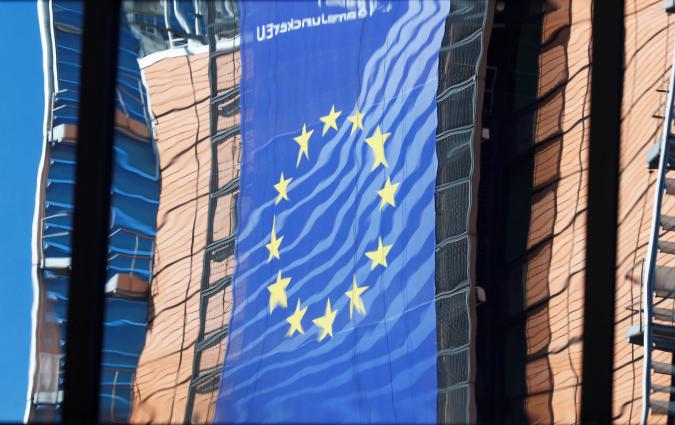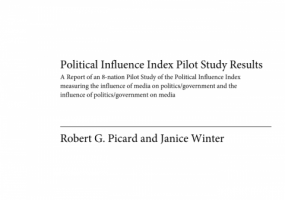Caught between five extremes: Reporting Pakistan

Reuters Institute Fellow's Paper
Razeshta Sethna, a journalist at the Dawn Media Group in Pakistan, has given a comprehensive picture of the state of the media in her country in her paper entitled ‘Caught between five extremes: Reporting Pakistan’.
Based on interviews with more than 30 key figures in her country’s media, Razeshta concludes that journalists are caught between five forces – the state, its security apparatus, political parties, militant organizations and religious-right Islamist groups.
Here’s how Razeshta describes her paper: "I examine three principal questions: who is responsible for the attacks against Pakistan’s news media? What effects has the violence and intimidating tactics had on the quality of reportage? What are the self-imposed boundaries that journalists have been forced to follow as a result of intimidation? "Conversations with journalists for this paper reveal that the media is currently in a particularly alarming phase. The state’s security apparatus stands accused of subverting media freedom by threatening and harassing journalists – women reporters included – who dare write (and broadcast) about certain issues, including the military operation against the Taliban in North Waziristan Agency, drone strikes near the Afghanistan-Pakistan border, and Baluchistan and its missing persons. "This study concludes that those responsible for the threats and attacks against journalists, and the media as an industry, are not held accountable by the state. It also implicates the state in the harassment and the murder of journalists, questioning why it appears to allow a rise in the level of impunity for perpetrators. Many ask whether Pakistan’s security and military agencies will ever be investigated for their harassment of journalists. "The violence directed at the media has inevitably had a negative impact on the quality of journalism in Pakistan. Evidence shows that the battle for control and influence between the press and state and non-state actors has driven segments of the media to become biased and even corrupt. This is because the state, political parties and the military have coerced the media into such a subservient position that any controversial opinion or stance or investigative reporting can lead to a loss of advertising revenue, or cause harm to staff journalists."
As with all Fellows’ research papers, any opinions expressed are those of the author and not of the Institute.
Image: REUTERS/Faisal Mahmood






